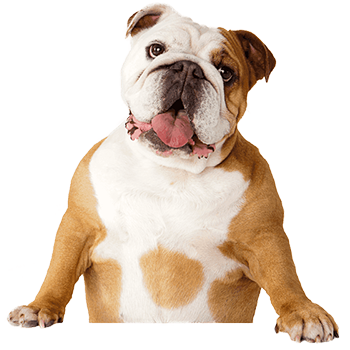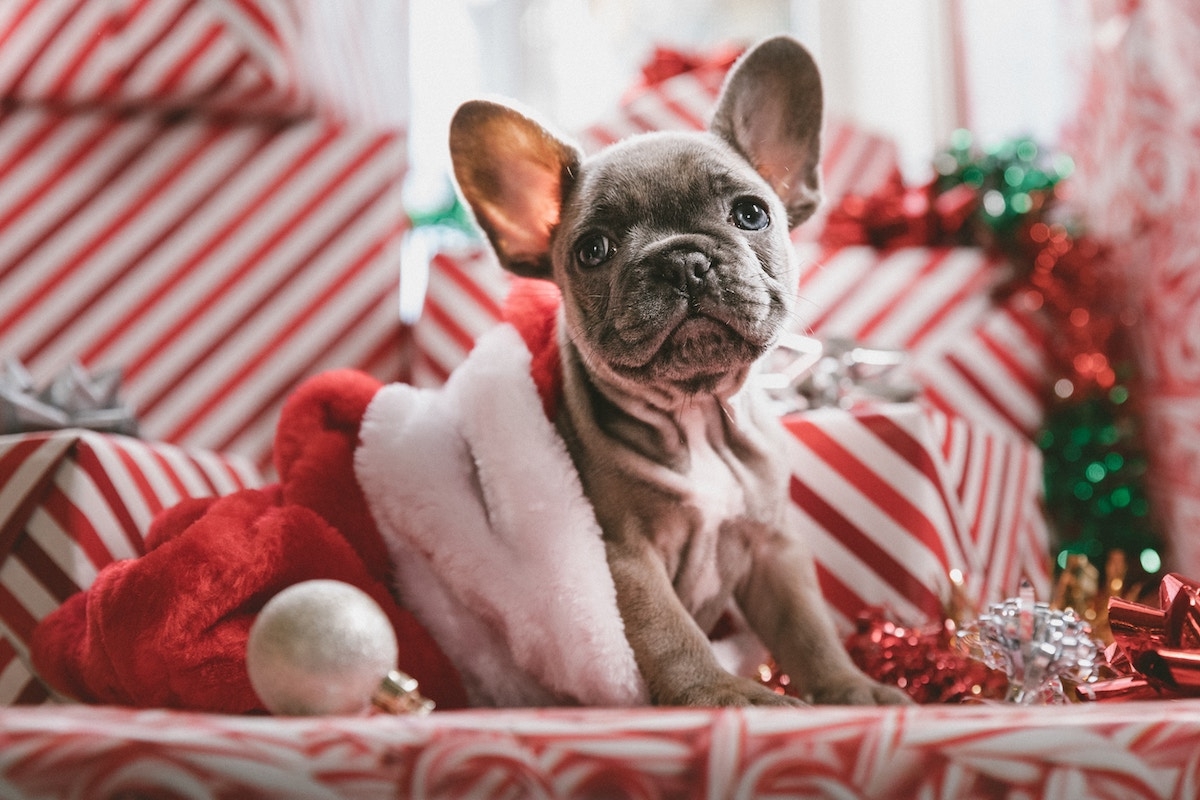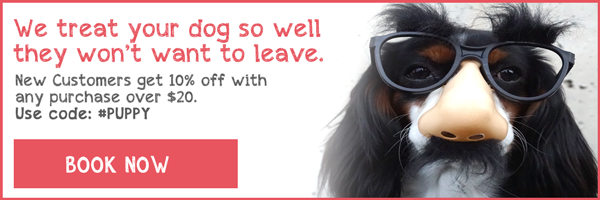Whether you’re packing to go off for the holiday season and taking your dog with you, or staying at home this Christmas, it’s important to keep your doggy’s needs in mind.
The Festive Season can be disrupting to your dog’s sense of balance and calm. Their daily routine is disrupted; their next walk seems to never be materializing; their home is suddenly full of people they don’t know.
So, what do you do?
What are some of the key ways to make sure your dog remains happy, remains grounded, doesn’t overexcite itself?
We’ve unpacked a few key pointers to help guide you. As ever, the key is to remember that a dog doesn’t know the Festive Season is temporary. To him, it’s a new way of life, and all the hullabaloo going on around him can be incredibly stressful.
Make sure a routine is front and center
Whether you’re going away with your dog this Festive Season, or staying at home with them, incorporate a routine that gives them a sense of security. The comings and goings of family members can be disrupting to your dog, as can the stress and rigors of cross-country travel. That’s why, as far as it’s possible, it’s important you stick to the same routine you’ve stuck to for weeks and months and years. Dogs crave familiarity and so with all the unfamiliar comings and goings, there should be something stable they can cling to.
Dogs need their exercise
No routine is complete without exercise. Without exercise, dogs don’t have discipline. Without exercise, dogs are not able to work for their rewards in the day, like a hearty meal, or a bone to snack on. Dogs that don’t exercise become more temperamental, more irritable, more needy. Like a child that demands it gets what it wants when it wants it, dogs adapt to the space they’re in, and push the boundaries to see what they can get away with. Exercise is that great equalizer.
Keep calm, but learn to be assertive without being aggressive
Caesar Millan, the famed dog behaviorist, has long preached being calm with dogs, but being assertive too. Dogs, he asserts, are natural pack animals, which means they innately understand body language. With one another, they know that a dog that is standing tall, ears cocked, is giving off signals of dominance without barking or yapping or making a sound at all.
Humans are less good at this sort of thing. We use our voices to try and sound tough, but the way we stand often gives us away.
The goal is to use your body, not your words, to communicate what you want. Learn to hold yourself right before you speak. Research body language signifiers and make assertive body language the bedrock of any interaction with your dog. Only then, worry about what you’re going to say – and whatever it is, say it calmly. Harsh words, loud words, only excite your dog further.
Keep disruptions to a minimum
What’s new, what’s foreign, causes stress in a dog’s world. They’ll naturally seek out and sniff the tree, the decorations, giving them a bite to taste. Decorations can get lodged in a dog’s throat, however, and gift wrapping can be a hazard.
Then there are the chocolates and sweet treats designed for Christmas Day itself. Chocolate is hugely dangerous for dogs, and the darker it is the more potentially fatal it is. Keep chocolate away at all costs.
As for the turkey on Christmas itself, the roast, the feast, there’s nothing wrong with sharing bits from the meal, or letting your dog stick close to you while you’re preparing it. But watch out for string or paper that he might try to play with, or food he’ll try to eat he might be potentially allergic to.



